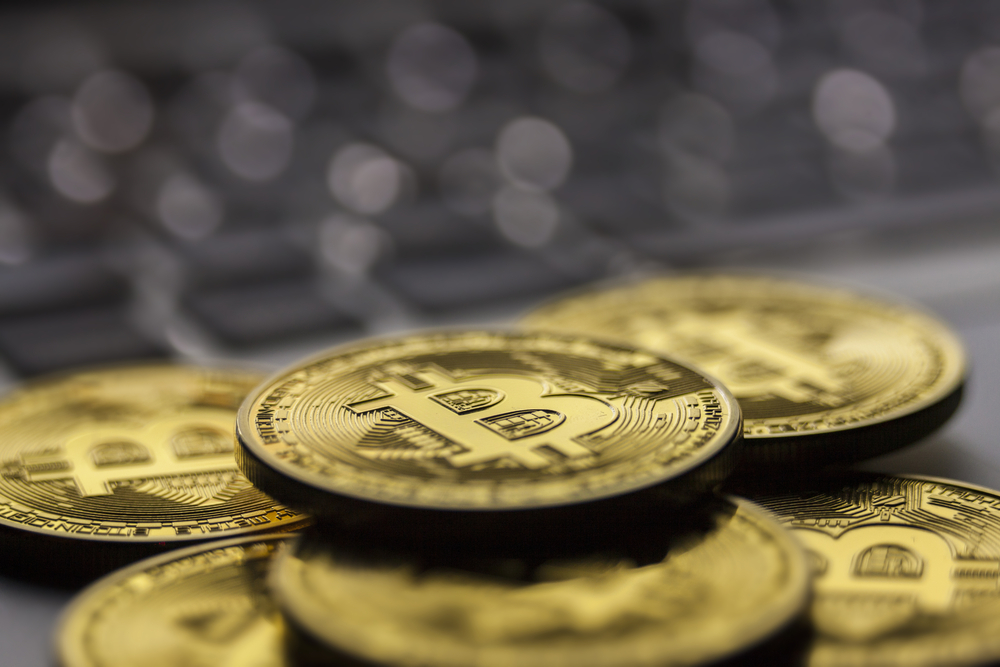There are quite a few different aspects of the Bitcoin ecosystem novice users may not be aware of. In some cases, users can come across a bitcoin transaction which is rejected by a particular node. This is usually a direct result of a transaction being pruned from the node’s database. Although this does not mean anything negative is happening, it can be confusing for some people.
Nodes Can Reject Transactions
Coming across this particular error message can be quite confusing for novice Bitcoin users. On paper, there is no valid reason as to why a network node would reject a particular Bitcoin transaction. There is no reason to think users can do anything different, but send their transfer the same way they always do. After all, the worst that can happen is how it takes a bit longer for the transfer to confirm.
However, it is possible a particular node will prune said transaction for some unknown reason. This is mostly an error that comes up when users rely on a third-party wallet service provider. Web wallets, or the ones going through Blockchain.info for example, can sometimes prune nodes from their database. It is always best to broadcast bitcoin transfers to the network directly, without the information having to pass through a centralized company.
To be more specific, these transactions rejected by a network node are often first accepted. This also means they will show up as a regular unconfirmed transaction on whatever block explorer one tends to use. Unfortunately, this error message will often lead to said transaction remaining stuck in limbo for quite some time. There is no guarantee said transfer will ever confirm on the network, though.
Once this happens to a Bitcoin user, they can take several courses of action. First and foremost, they can just wait things out, although it may take days – or even over a week – until the transaction is picked up in the end. The better option is to rebroadcast the original transaction and include a higher fee (assuming the transaction is replaceable). Chances are, your transaction isn’t replaceable so the next best course of action would be CPFP (child pays for parent). This should alleviate any concerns regarding the node rejection as well.
A third option comes in the form of exporting the private keys of the third-party wallet service you are using and importing it into a software client that connects directly to the Bitcoin network. This will not address the transaction in question per se, but it will prevent similar issues from occurring in the future.
The most important aspect regarding such error messages is nothing the Bitcoin transfer in question will not disappear. Nor will the funds associated with this transfer, as there is no way coins will suddenly vanish into thin air. It is a rather unfortunate event when things like this happen, yet it is not an uncommon error message to receive. In fact, there is an entire Bitcointalk thread associated to it right now.
In the end, a transaction being rejected by “our” node is not something that will result in utter disaster. It does mean there are some issues with getting the necessary network confirmations, but there are plenty of ways to solve this problem with a bit of effort. No longer relying on third-party wallet service providers and including a decent transaction fee should be enough to prevent these issues from happening in the future.
If you liked this article, follow us on Twitter @themerklenews and make sure to subscribe to our newsletter to receive the latest bitcoin, cryptocurrency, and technology news.

